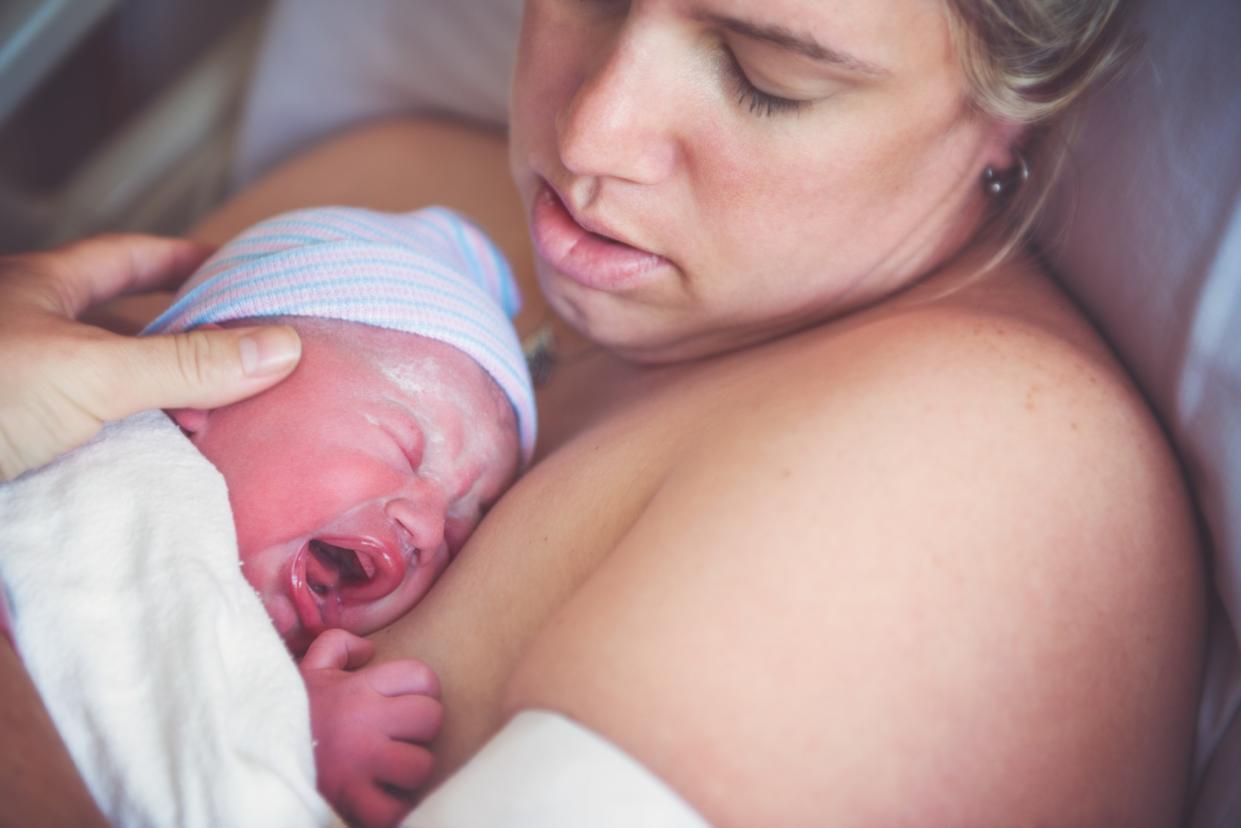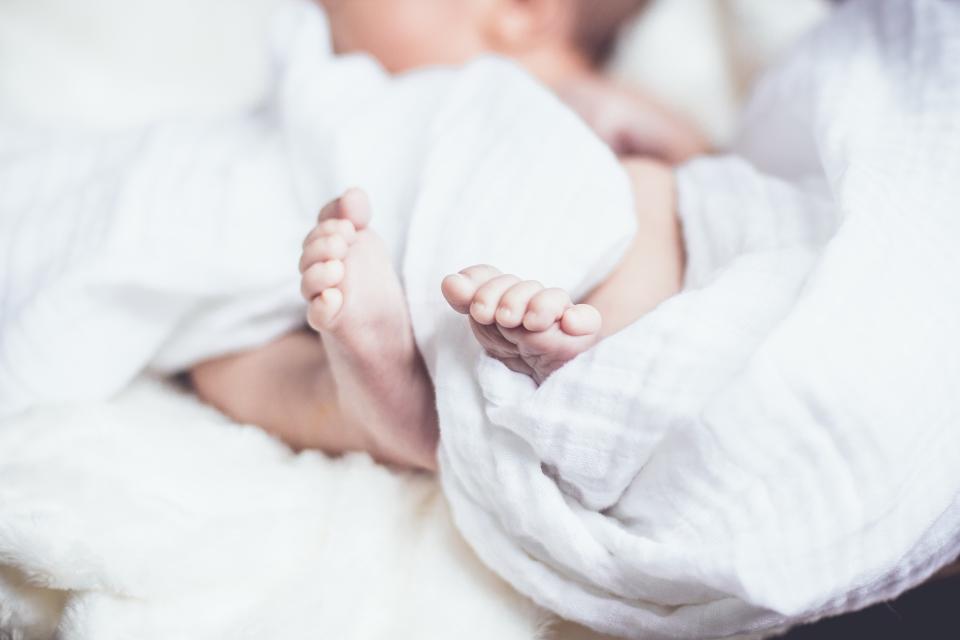The no-bathe birthing trend that's got everyone talking

Numerous birthing trends have come and passed, but the latest is ‘no-bathe’ birthing – leaving the waxy substance that’s left on a newborn after birth instead of washing it off.
Instead of removing it right away, parents will leave the fluid – called vernix caseosa – for hours, or even days after the birth. Some will actively rub it in.
Though is it actually any good for our babies’ health?
As scientists have become interested in the cheese-like substance, it’s coming to light that it could have a number of protective properties.

According to Nursing In Practice, vernix has important thermoregulation, hydration and bacterial protection qualities and shouldn’t be completely removed at birth.
First of all, it’s a natural moisturiser which protects against infection during the baby’s first few days – it possesses a higher water content than most over-the-counter barrier creams.
For example, when babies are overdue, the vernix may have been absorbed by the womb leaving their skin dry and cracked. (Though this top layer will soon peel off leaving soft healthy skin underneath.)
So it’s no surprise the NHS advises that you leave it to absorb naturally, and the World Health Organisation recommends you avoid bathing your newborn for at least six hours.

It also has antibacterial properties, with researchers believing it acts as a barrier against bad bacteria.
Finally, it’s also been found to have wound-healing properties. Studies have shown that it has helped adult patients with ulcers, and could even be used to help burn patients in the future.
Vernix is a magical thing when you think about it. Produced in the last trimester of pregnancy, it does its job to protect your baby both in and out of the womb.
How long do you think one should wait before bathing their baby for the first time? Tweet us at @YahooStyleUK.
Janet Jackson and 17 other celebrities who gave birth later in life
‘Welcome to the world baby Wigbert’ The ‘poshest’ baby names revealed


